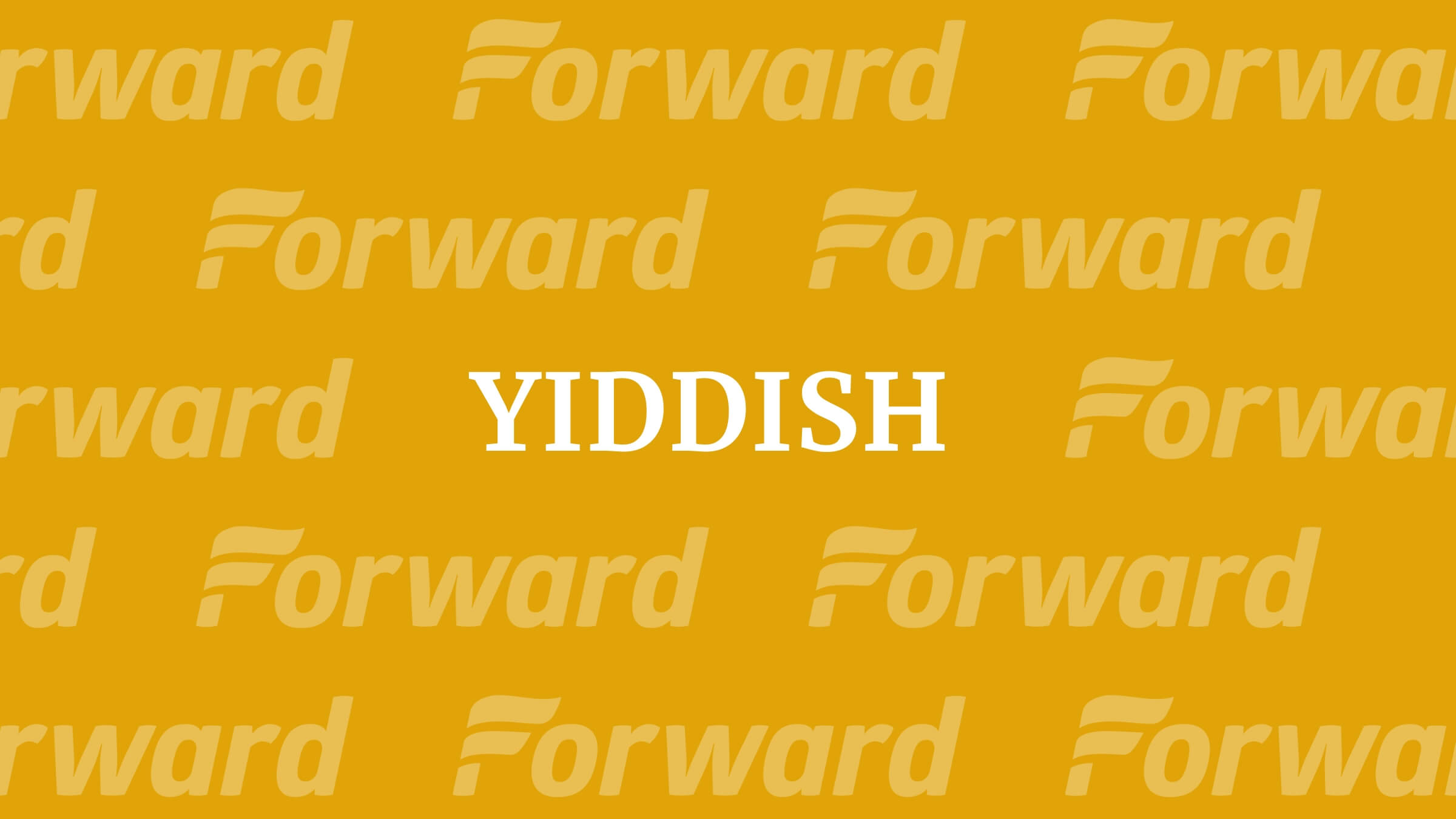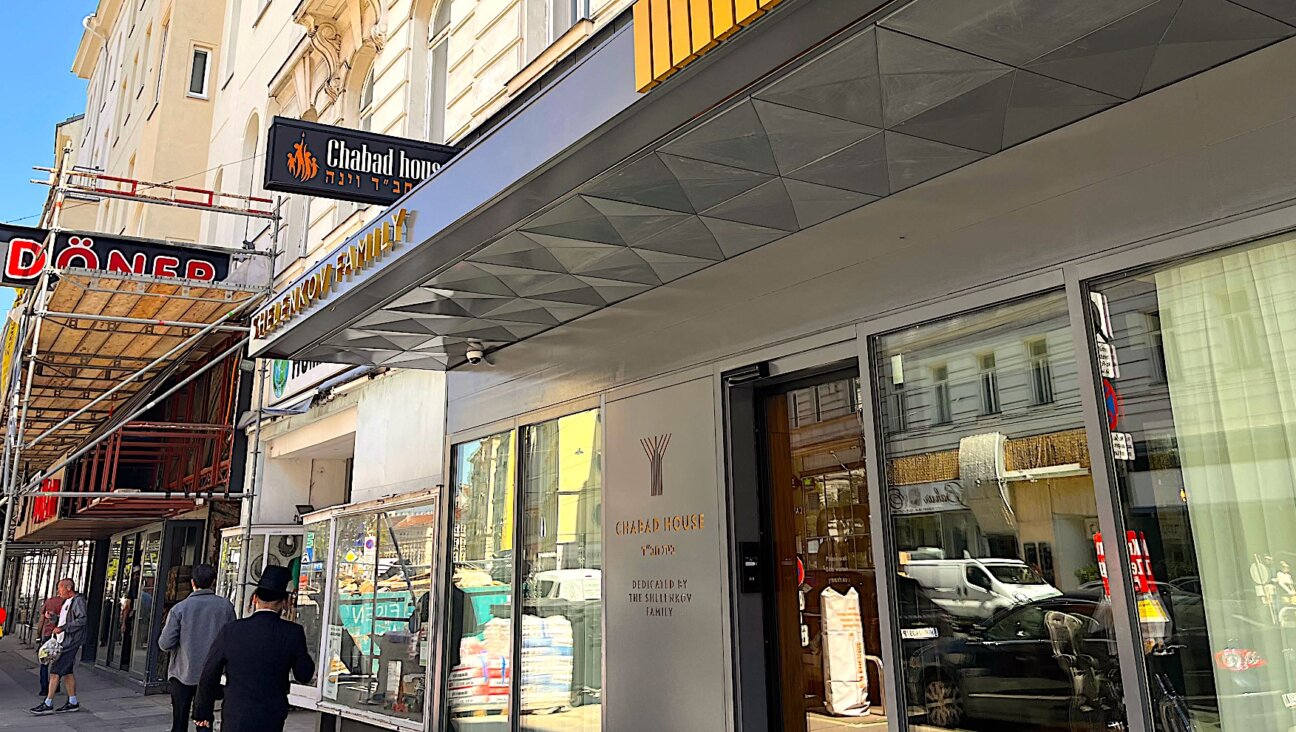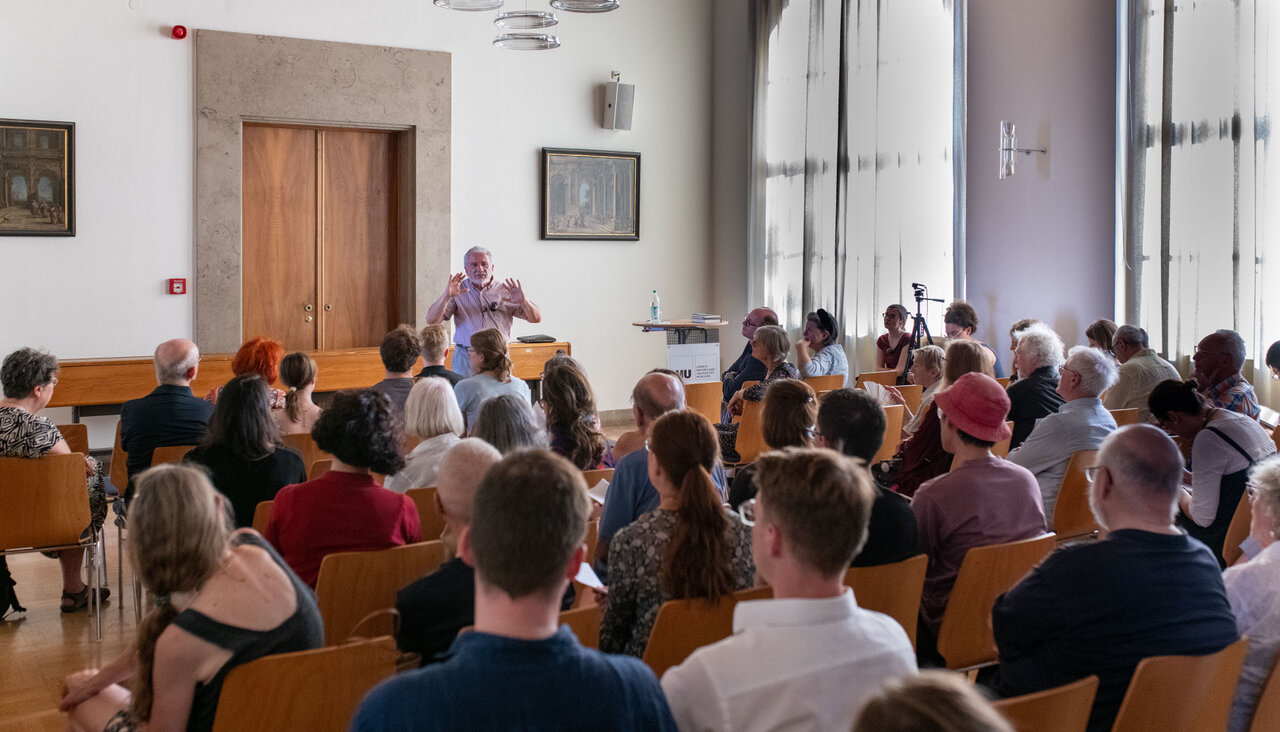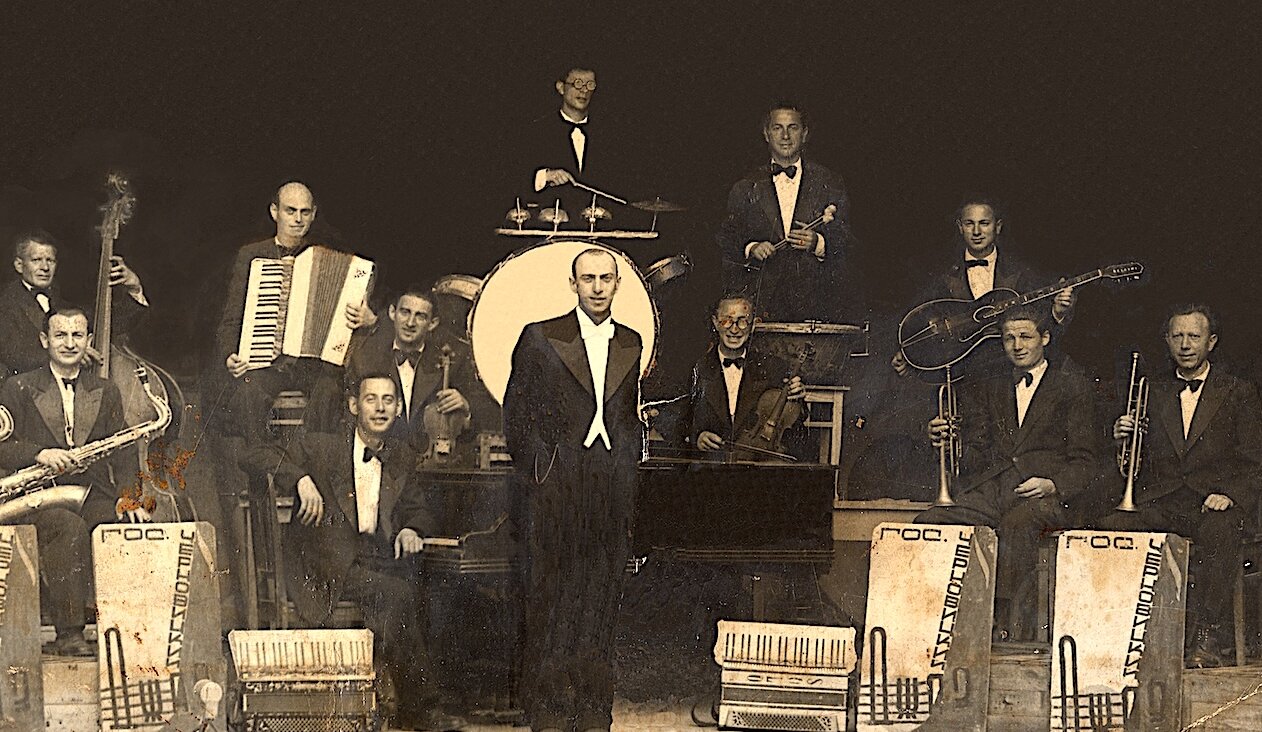אָנלײַן קאָנצערט אין אָנדענק פֿון דער שרײַבערין חוה ראָזענפֿאַרבOnline concert in memory of Yiddish writer Chava Rosenfarb
מיטשל סמאָלקין און אַנאַ קאַלמערינג וועלן אויפֿטרעטן מיט אַ קאָנצערט אָרגאַניזירט דורך דער פֿאָלקסבינע.

Graphic by Angelie Zaslavsky
ווי אַ טייל פֿון דער סעריע „פֿאָלקסבינע־לײַוו“, אָרדנט אײַן די פֿאָלקסבינע אַ קאָנצערט געווידמעט דעם לעבן און שאַפֿן פֿון דער גרויסער ייִדישער שרײַבערין און פּאָעטעסע חוה ראָזענפֿאַרב.
אין דער פּראָגראַם, וואָס מע וועט מיטוואָך, דעם 18טן נאָוועמבער, טראַנסמיטירן דירעקט פֿון שוועדן, וועלן אויפֿטרעטן דער קאַנאַדער זינגער מיטשל סמאָלקין און די שוועדישע זינגערין אַנאַ קאַלמערינג מיט לידער פֿון חוה ראָזענפֿאַרב, וואָס מע האָט אין די לעצטע יאָרן צוגעשטעלט מוזיק צו זיי. עס וועלן באַגלייטן די זינגער אויפֿן אַקאָרדעאָן דזשערי אַבדאָ. בשעתן קאָנצערט וועט מען דערציילן פּרטים וועגן דעם לעבן און שאַפֿן פֿון דער גרויסער שרײַבערין.
די פּראָגראַם, וואָס מע וועט קענען זען דאָ בחינם, הייבט זיך אָן 1:00 נאָך מיטאָג ניו־יאָרקער צײַט.
חוה ראָזענפֿאַרב איז געבוירן געוואָרן אין לאָדזש אין 1923 און האָט נאָכן חורבן זיך באַזעצט אין מאָנטרעאָל. זי איז באַקאַנט איבערהויפּט פֿאַר איר טרילאָגיע חורבן־ראָמאַנען ”דער בוים פֿון לעבן“ אָבער האָט אויך אָנגעשריבן לידער, עסייען, און רײַזע־נאָטיצן.
מיטשל סמאָלקין איז אויפֿגעוואַקסן אין טאָראָנטע און וווינט הײַנט אין שטאָקהאָלם, וווּ ער אַרבעט ווי אַ פּסיכאָטעראַפּעווט פֿאַר ענגליש־רעדנדיקע פּאָרפֿעלקער וואָס האָבן פּראָבלעמען אינעם זיווג־לעבן. פֿון 2001 ביז 2006 איז ער געווען דער קינסטלערישער דירעקטאָר פֿונעם טאָראָנטער פֿעסטיוואַל „אַשכּנז“. ער האָט אַרויסגעגעבן עטלעכע אַלבאָמען ייִדישע לידער און ספּעציאַליזירט זיך אין לידער פֿונעם ייִדישן טעאַטער.
אַנאַ קאַלמערינג איז אויפֿגעוואַקסן בײַ אַ רוסיש־ייִדישער משפּחה און וווינט הײַנט אין שטאָקהאָלם, וווּ זי פֿירט אָן מיט ראַדיאָ־פּראָגראַמען געווידמעט דער ייִדישער מוזיק. הײַנט איז זי די הויפּטזינגערין פֿון אַ קלעזמער־קאַפּעליע. זי האָט אַרויסגעלאָזט דרײַ אַלבאָמען לידער אויף ייִדיש און דזשודעזמע.























